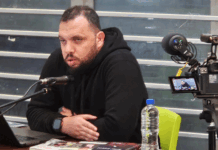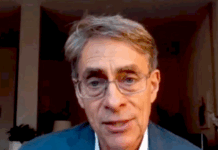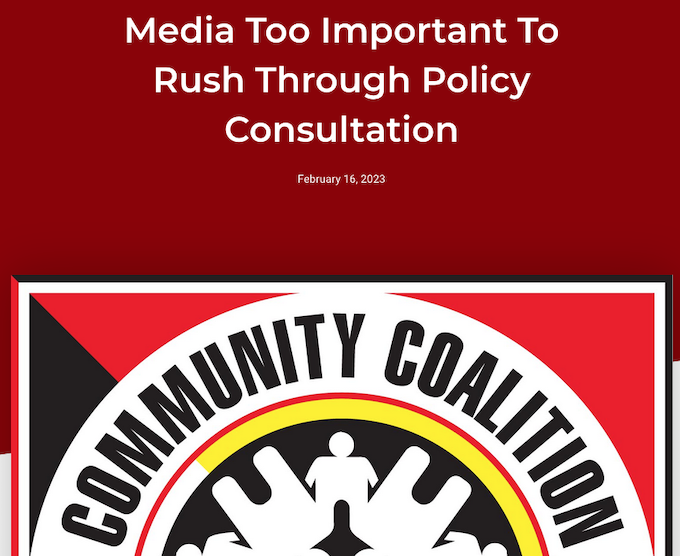
ANALYSIS: By Mong Palatino
Various stakeholders have warned that the draft National Media Development Policy released by Papua New Guinea’s Department of Information and Communications Technology (DICT) on February 5 could undermine media freedom if approved by the government.
The DICT asked stakeholders to share their input within 12 days, but this was extended for another week after Papua New Guinea’s Community Coalition Against Corruption (CCAC) criticised the short period for the consultation process.
The draft policy lays the framework “for the use of media as a tool for development.” The state emphasised that “it includes provisions for the regulation of media, ensuring press freedom and the protection of journalists, and promoting media literacy among the population.”
- READ MORE: APMN calls for ‘urgent rethink’ over PNG draft media regulation plan
- Other PNG media policy reports
A controversial proposal in the draft is to transform the PNG Media Council into a body “that will have legal mandate that covers an effective and enforceable regulatory framework.”
According to the draft policy, the new PNG Media Council “will ensure press freedom, protect journalists, and promote ethical standards in the media sector”.
At present, the council is a nonprofit group promoting media freedom and the welfare of journalists. The draft recognises that “its primary role has been to promote ethical journalism and to support journalists in the pursuit of their professional duties.
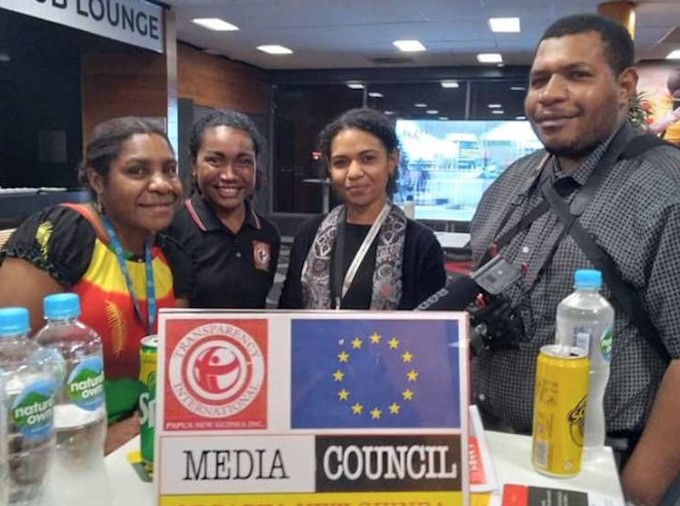
Journalist Scott Waide underscored that “over three decades, its role has shifted to being a representative body for media professionals and a voice for media freedom.” He pointed out the implications of re-establishing the council with a broad mandate as defined in the draft policy, suggesting that the government hopes to gain control over the media sphere:
The government’s intention to impose greater control over aspects of the media, including the MCPNG [Media Council], is ringing alarm bells through the region. This is to be done by re-establishing the council through the enactment of legislation. The policy envisages the council as a regulatory agency with licensing authority over journalists.
The regulatory framework proposed for the new media council includes licensing for journalists. Licensing is one of the biggest red flags that screams of government control.
The draft policy proposes to grant the media council powers to offer licences and accreditation to journalists and media outlets, handle complaints and sanctions, among other powers:
Licensing and Accreditation: Requirements for media outlets and journalists to be licensed or accredited, including provisions for renewing licenses and for revoking licenses in cases of violations.
Complaints and Sanctions: Mechanisms for the resolution of complaints against the media, including procedures for investigations and sanctions for breaches of ethical standards.
Media Council PNG president Neville Choi, who is also co-chair of CCAC, reminded authorities of another way to improve journalism in the country:
If the concern is poor journalism, then the solution is more investment in schools of journalism at tertiary institutions, this will also increase diversity and pluralism in the quality of journalism.
We need newsrooms with access to trainings on media ethics and legal protection from harassment.
Writer Fraser Liu rejected the proposed state regulation and urged authorities to review current legal options that can be used to deal with media reporting that violates the country’s laws.
My view is the government should stay away from the fourth estate completely. This is a sinister move with obvious intentions.
Government should not be regulating the media in any form as it infringes on rights to free speech. It can run media organisations to bring its own message out, but it should never exert control over the entire industry.
Media agencies and agents must be left alone to their own ends, being free from cohesion of any sort, and if media reporting does in fact raise any legal issues like defamation, then the courts are the avenue for resolution. There is no shortage in Common law of such case precedent.
Transparency International PNG chair Peter Aitsi added that disinformation on social media should be addressed without undermining free speech.
While the abuse of social media platforms is a new issue that is given as justification for the media policy, there are already existing laws that address the issue without undermining media freedom.
#APMN calls for ‘urgent rethink’ over #PNG draft #media #regulation plan #AsiaPacificReport #pngmediapolicy #mediafreedom #pressfreedom #mediaregulation @Scott_Waide @kenneth_gorethy @PeterCronau @PNGAttitude @PngPles https://t.co/rPdY3iuQ7e pic.twitter.com/luETmgbwfU
— David Robie (@DavidRobie) February 20, 2023
News about the draft policy also alarmed media groups in the region. The New Zealand-based Asia Pacific Media Network Inc. said that “media must be free to speak truth to power in the public interest not the politicians’ interest.” Adding:
In our view, the ministry is misguided in seeking to legislate for a codified PNG Media Council which flies in the face of global norms for self-regulatory media councils and this development would have the potential to dangerously undermine media freedom in Papua New Guinea.
Australia’s media union also tweeted their concern:
#MEAAmedia backs Media Council of Papua New Guinea’s (MCPNG) concerns and call for meaningful consultation over government’s proposed National Media Development Policy.#mediafreedom#mediadiversity#righttoknow@TI_PNG pic.twitter.com/GiAnH9hyYi
— MEAA (@withMEAA) February 17, 2023
The International Federation of Journalists and Reporters Without Borders asked the government to withdraw regulations that restrict independent journalism. Susan Merrell, a lecturer at Sydney University on cultural studies and communication, commented that “instead of the media being the government’s watchdog, the government is trying to become the media’s watchdog.”
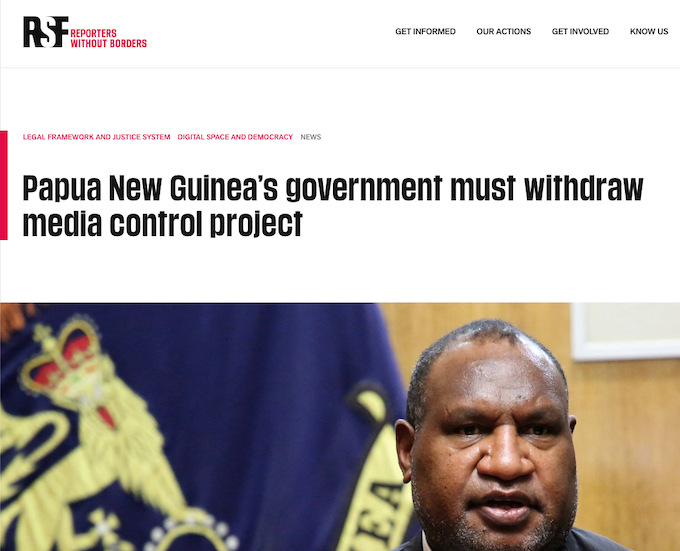
The government insisted that it is committed to upholding media freedom.
Scott Waide sums up the state of media in the country:
While the PNG media has been resilient in the face of many challenges, journalists who have chosen to cover issues of national importance have been targeted with pressure coming directly from within government circles.
Global Voices has previously reported about the suspension of a journalist in Papua New Guinea’s EMTV news, the new rule prohibiting reporters to directly contact the prime minister, and a stricter regulation for foreign correspondents. Mong Palatino is regional editor for Southeast Asia of Global Voices, an activist and former two-term member of the Philippine House of Representatives. Republished under a Creative Commons licence.





























